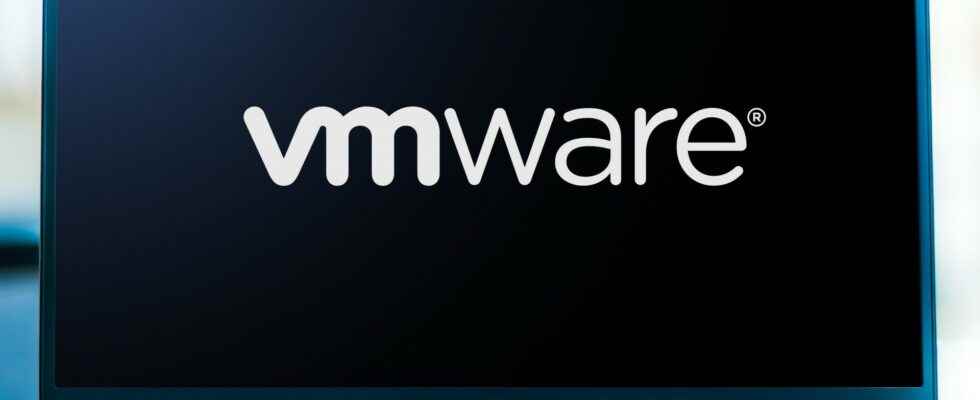The European Commission this week opened a ” thorough investigation on the proposed takeover of VMware by Broadcom, announced last spring. What’s wrong?
On May 26, 2022, the American electronics giant, Broadcom, which manufactures technologies for the world of telecoms, announced that it had reached an agreement with VMware, a reference in virtualization and multi-cloud, to buy the company against a check (made up of cash and stocks) for $61 billion. Brussels, which says it fears a restriction of competition on the market for certain hardware components interoperable with software from the American VMware, has opened an investigation and identified several problems.
The European Commission is wary of the consequences of the takeover, between two companies whose portfolios are ” largely complementary »
To understand the doubts expressed by the European Commission, it is important to delimit the scope of each of the two actors. On one side we have Broadcom, a company that manufactures network cards, Fiber Channel Host Bus Controllers (FC HBAs), and storage adapters. On the other, we have VMware, a software vendor that offers virtualization solutions that happen to be interoperable with many hardware components, including network cards, FC HBAs, and storage adapters, as you might have guessed. . ” The portfolios of these companies are largely complementary “, adds the institution.
On these markets and products, the Commission fears that the takeover will deteriorate the interoperability of VMware’s server virtualization software with the hardware of its competitors, to the benefit of its own hardware.
It also fears that the takeover by Broadcom will crowd out its competitors’ hardware, simply preventing them from using VMware’s server virtualization software. Or else by deteriorating their access to this software.
All of this could then have the effect of driving up prices, with less choice and less innovation for business customers, and therefore for consumers.
A decision taken before May 11
The Commission also intends to investigate whether Broadcom is capable of disrupting the development of smart network cards by other vendors. She takes the example of the Monterey project, launched in 2020 by VMware in the company of NVIDIA, Intel and ADM Pensando, three other vendors of smart network cards. The EU believes that Broadcom could reduce VMware’s participation in the project, in order to preserve its own revenue from smart network cards, which would affect innovation, to the disadvantage of end customers.
Brussels also wonders whether Broadcom is now likely to bundle the sale of its own software with that of VMware virtualization software, and thus end the sale of these VMware products as stand-alone products. Such a practice would jeopardize the choice offered and would result in the exclusion of competing software suppliers.
The Commission has given itself until May 11, 2023 to make a decision.
Source : European Commission

3